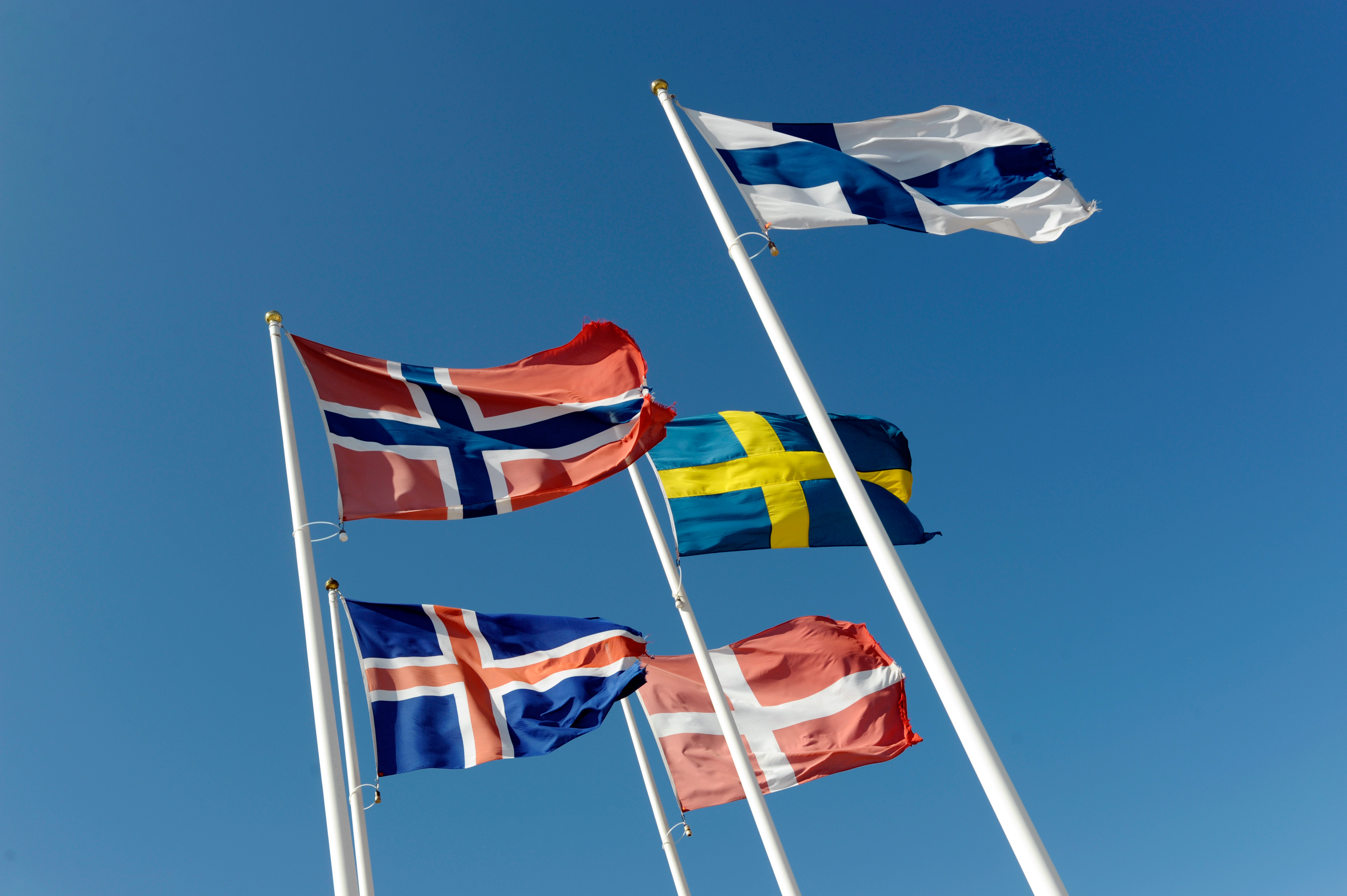Nordic Day 2021
The Nordic Council of Ministers is celebrating its 50th anniversary in 2021. On Nordic Day – 23 March – five debates on different themes will look at what the Nordic countries have achieved together and what key players in the Region are focusing on right now. The Nordic Development Fund (NDF) supports the Nordic Vision 2030 in the Global South.
The focus on Nordic Day 2021 will be on highly topical themes for the people of the five Nordic countries: Denmark, Finland, Iceland, Norway, and Sweden. The debates will look at the challenges faced and the potential Nordic solutions to address them in gender equality, cross-border freedom of movement, the circular economy, freedom of expression and culture.
The Nordic prime ministers have declared that the Nordic Region will become the most sustainable and integrated region in the world by 2030. To realise this vision, over the next four years, three strategic areas are given priority in the work of the Nordic Council of Ministers: a green Nordic Region, a competitive Nordic Region, and a socially sustainable Nordic Region. A key objective for the green Nordic Region strategic area is to contribute to the positive development of international co-operation on the environment and climate, such as by promoting Nordic green solutions in the rest of the world.
The Nordic Development Fund supports the Nordic Vision 2030 in the Global South through our operations. The NDF Strategy 2025 has Nordic Leadership as a cornerstone. A few examples where NDF supports the Nordic Vision 2030 include:
-
The Africa Circular Economy Facility (ACEF) is a new multi-donor trust fund in the African Development Bank with initial funding from NDF and Finland, The main objectives of ACEF is to stimulate circular economy solutions and green growth in Africa with inspiration from the Nordic countries. This will be done through inclusion of circular economy into NDCs and mainstreaming of circular economy into inclusive green growth strategies in selected African countries. Moreover, the ACEF will create enabling regulatory environments, develop capacity and identify circular economy champions (start-ups and universities) that demonstrate new circular business models, encourage partnerships and knowledge-sharing.
-
Kenya-Nordic Green Hub (KNGH) is a private sector led project to enhance climate change resilience and reduce carbon emissions in Nairobi through transfer of technologies and experiences from the Nordic countries.
-
All NDF operations have gender equality mainstreamed, and in some projects, gender equality is a key objective.

